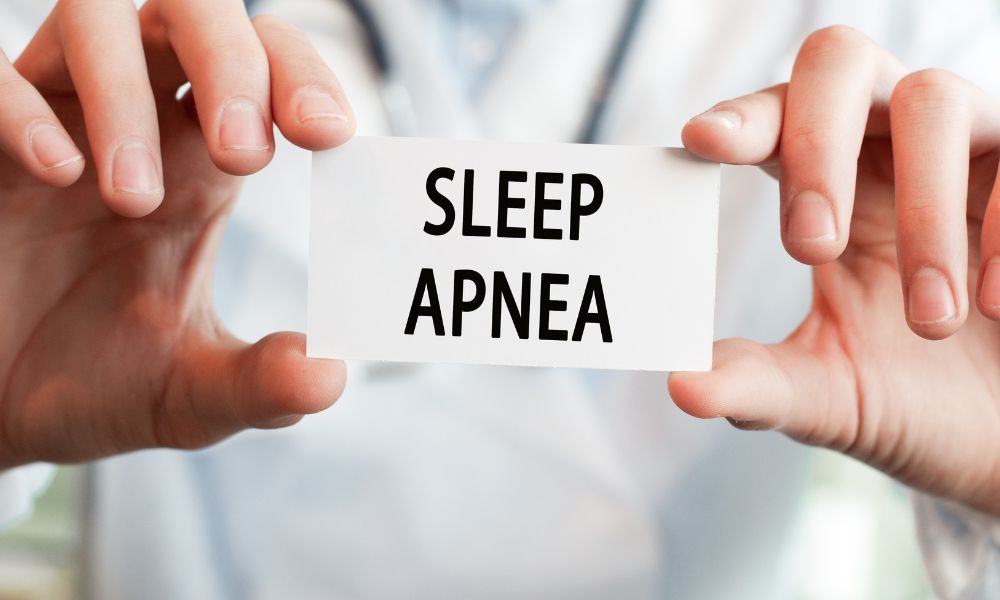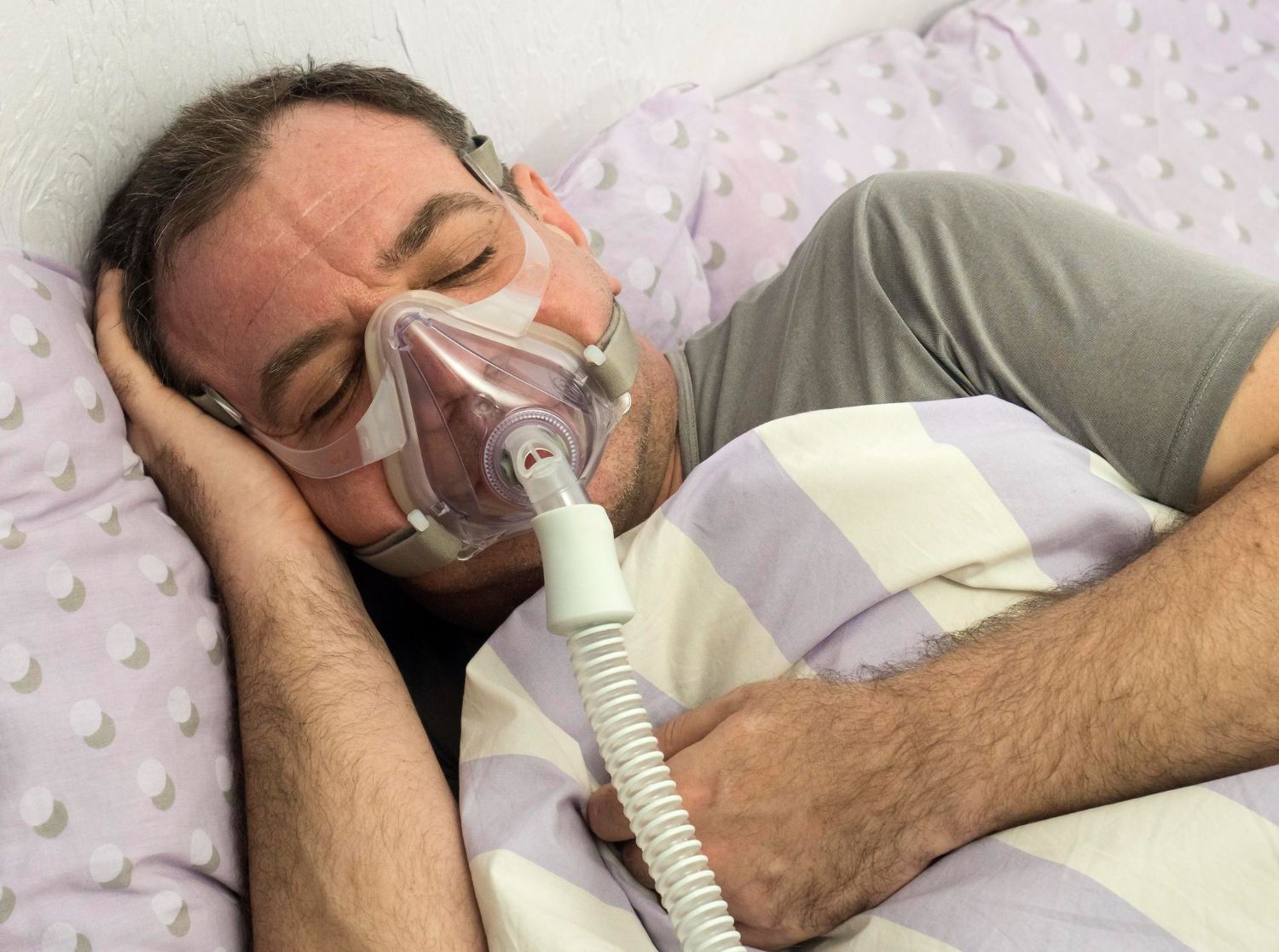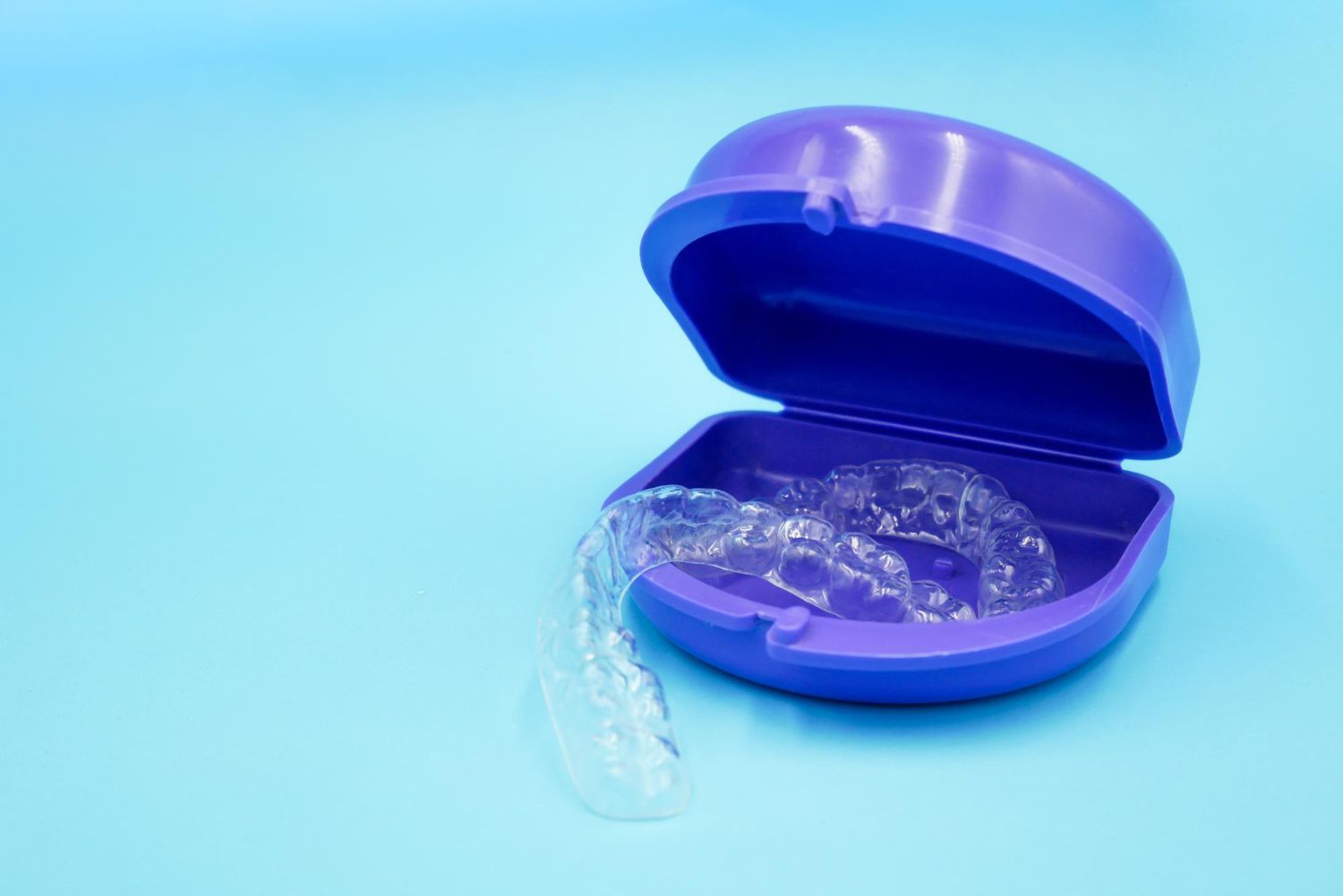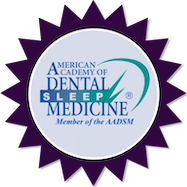Recognizing the Warning Signs of Sleep Apnea & When to Seek Help

Sleep apnea, a prevalent and sometimes dangerous sleep disorder, can have a significant impact on an individual's quality of life and overall health if left untreated. As a dental sleep apnea clinic in Greensboro, North Carolina, Fuller Sleep & TMJ Solutions is dedicated to providing effective treatment solutions and comprehensive education to those affected by sleep apnea. In this blog installment, we discuss the common warning signs of sleep apnea and provide guidance on when and how to seek help from a sleep doctor.
This disorder is characterized by repeated pauses in breathing during sleep, resulting in disrupted sleep cycles and a lack of oxygen in the blood. Often, these disturbances are accompanied by loud snoring and periods of gasping or choking. However, it is important to note that not everyone who snores has sleep apnea, and some people with sleep apnea do not snore noticeably. In addition to these primary symptoms, there are several secondary signs that may indicate the presence of sleep apnea, including chronic fatigue, morning headaches, difficulty concentrating, mood disturbances, and nighttime sweating.
Being aware of these warning signs is crucial, as untreated sleep apnea can lead to a variety of health complications such as hypertension, heart disease, stroke, diabetes, and depression. Moreover, the excessive daytime sleepiness and fatigue associated with sleep apnea can impact an individual's work performance, personal relationships, and overall quality of life.
If you or a loved one is experiencing any of these symptoms, it is essential to consult with a sleep doctor like the team at Fuller Sleep & TMJ Solutions. Our experienced professionals will conduct a thorough evaluation, which may include a sleep study, to determine if sleep apnea is the cause of your concerns. By addressing the issue early and implementing appropriate treatment measures, patients can significantly improve their sleep quality and overall health.
Throughout this post, we will delve into various aspects of sleep apnea, from understanding the underlying causes and risk factors to exploring different treatment options, such as oral appliance therapy. By providing this valuable information, we aim to empower individuals to take control of their sleep health and experience a better quality of life. Stay tuned to learn more about sleep apnea and the comprehensive care offered by Fuller Sleep & TMJ Solutions in Greensboro, NC.
Common Symptoms of Sleep Apnea
Recognizing the symptoms of sleep apnea requires understanding the primary and secondary signs. Combining this knowledge with a professional assessment is vital for accurate diagnosis and optimal treatment results.
- Loud Snoring: While snoring alone doesn't guarantee the presence of sleep apnea, it's often an indicator of restricted airflow resulting from a partially blocked airway.
- Gasping and Choking: Momentary interruptions in breathing can cause a person with sleep apnea to gasp or choke for air, sometimes waking them up briefly.
- Daytime Fatigue: Those with sleep apnea often experience excessive daytime sleepiness due to fragmented sleep, impacting alertness and overall energy levels throughout the day.
- Morning Headaches: Oxygen deprivation during sleep apnea episodes can result in headaches upon waking, contributing to an overall reduction in wellness.
Additional Indicators and Sleep Apnea Risk Factors
Besides the common symptoms mentioned above, there are additional indicators and risk factors that could suggest sleep apnea. Identifying these signs can help determine potential sleep apnea cases.
- Difficulty Concentrating: With night-long disturbances and fragmented sleep, cognitive function is often impacted, causing difficulties in maintaining focus and concentration for those suffering from sleep apnea.
- Mood Changes: Chronic sleep disruptions can lead to mood disturbances, including irritability, depression, and anxiety.
- Nighttime Sweating: Sleep apnea sufferers often experience night sweats heavily due to the body's effort to maintain adequate oxygen levels.
- Risk Factors: Certain factors increase a person's chances of developing sleep apnea, such as obesity, a large neck circumference, family history, smoking, alcohol consumption, and the use of sedatives.
The Importance of Seeking Help from Sleep doctors
Consulting with a sleep doctor is essential when you or a loved one is experiencing any of the above symptoms. doctors can help identify sleep apnea or other sleep-related issues and recommend the most suitable treatment options for your individual needs.
- Comprehensive Evaluation: A sleep doctor will conduct a thorough evaluation, which may include a sleep study or polysomnography, to determine if sleep apnea is the root cause of your symptoms.
- Timely Intervention: By addressing sleep apnea early, you can prevent chronic health issues and improve your overall well-being. Receiving appropriate treatment measures in a timely manner results in significant improvements in sleep quality and health.
- Customized Treatment Plan: A skilled sleep doctor, like the team at Fuller Sleep & TMJ Solutions, will develop a tailored treatment plan based on the severity and specific characteristics of your sleep apnea, yielding successful results.
Treatment Options for Sleep Apnea
In addition to seeking help from a sleep doctor, it's crucial to understand the available treatment options for sleep apnea. These options allow you to make informed decisions about your sleep health, leading to optimal outcomes.
- Oral Appliance Therapy: Ideal for patients with mild to moderate sleep apnea, a custom-made oral appliance repositions the lower jaw or retracts the tongue, preventing the airway from collapsing. These devices are portable, non-invasive, and easy to maintain.
- Lifestyle Changes: For some patients, sleep apnea symptoms can be alleviated by adopting healthy lifestyle habits such as weight loss, exercise, quitting smoking, and limiting alcohol consumption.
- Surgical Interventions: In more severe cases or when other treatments have failed, surgery may be recommended to address structural issues causing sleep apnea, such as uvulopalatopharyngoplasty (UPPP) or genioglossus advancement.
Conclusion
Sleep apnea is a complex and potentially life-altering sleep disorder that requires prompt recognition and intervention. By becoming familiar with the warning signs and risk factors associated with sleep apnea, you can take proactive steps to improve your sleep health and overall quality of life.
Consulting with Fuller Sleep & TMJ Solutions can help you accurately diagnose and effectively treat sleep apnea. Understanding the available treatment options can further empower you as you embark on the journey toward restful, rejuvenating sleep. Book an appointment with our dental sleep apnea clinic in Greensboro now!
Disclaimer:
Our blog articles serve to educate readers about various treatment options for sleep apnea and TMJ disorders. It's important to understand that while we discuss multiple treatments in our posts, not all of these options may be accessible at our clinic. We encourage you to reach out and schedule a consultation with us. This way, we can carefully devise a personalized treatment plan that caters to your specific needs.













